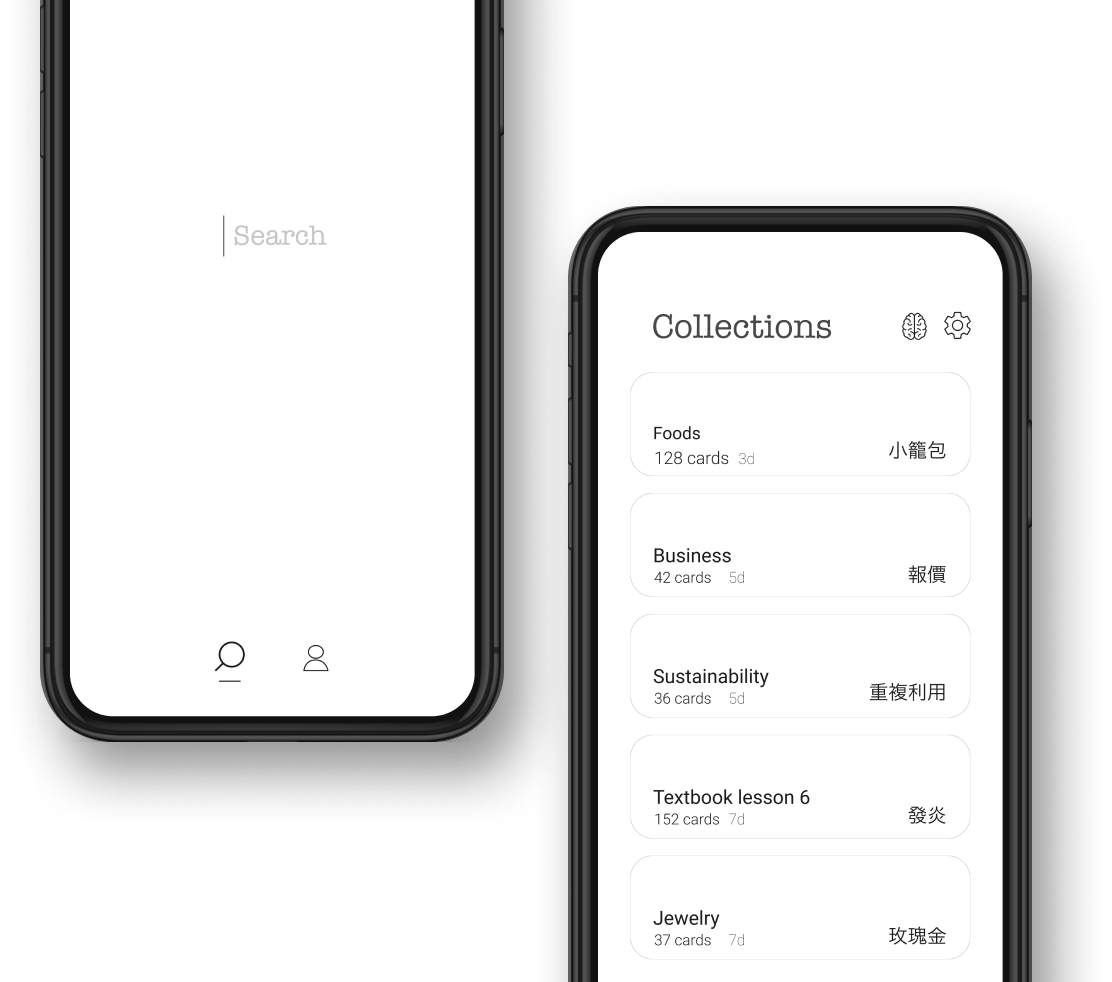Meaning of hōng:
哄
roar of laughter (onom.)
Dàjiā tūrán yīqǐ hōng táng dà xiào.
大家突然一起哄堂大笑。
Everyone suddenly burst into a roar of laughter.
hubbub; tumult; uproar; commotion; disturbance
Jiàoshì lǐ chōngmǎn le háizimen de xiàoshēng hé hōngnàoshēng.
教室里充满了孩子们的笑声和哄闹声。
The classroom was filled with children's laughter and hubbub.
Háizimen zài cāochǎng shàng dàshēng de chǎochǎo hònghòng.
孩子们在操场上大声地吵吵哄哄。
The children were loudly raising a tumult on the playground.
Qiúsài jiéshù hòu, guānzhòng xí shàng chōngmǎnle rénmen de huānhū hé hōng nàoshēng.
球赛结束后,观众席上充满了人们的欢呼和哄闹声。
After the game ended, the stands were filled with the cheers and uproar of the crowd.
Háizimen zài cāochǎng shàng zhìzào le hěnduō hòng nào.
孩子们在操场上制造了很多哄闹。
The children created a lot of commotion on the playground.
Zuótiān de huìyì bèi yīgè tūrán de hòngrǎo dǎduànle.
昨天的会议被一个突然的哄扰打断了。
Yesterday's meeting was interrupted by a sudden disturbance.
to roar (as a crowd); to deceive; to coax; to amuse (a child); variant of 鬨|哄[hong4]
Guānzhòng zài bǐsài jiéshù shí kāishǐ dàshēng hōng.
观众在比赛结束时开始大声哄。
The audience began to roar loudly at the end of the match.
Tā yòng tiányán mìyǔ lái hǒng tā.
他用甜言蜜语来哄她。
He used sweet words to deceive her.
Tā zǒng shì yòng tiányán mìyǔ lái hǒng nǚ péngyǒu.
他总是用甜言蜜语来哄女朋友。
He always uses sweet words to coax his girlfriend.
Tā xǐhuān yòng wánjù hǒng háizi.
他喜欢用玩具哄孩子。
He likes to amuse the child with toys.
Háizimen zài cāochǎng shàng wán de hěn kāixīn, tūrán dàjiā dàshēng de hòngxiào qǐlái.
孩子们在操场上玩得很开心,突然大家大声地哄笑起来。
The children were having fun on the playground, and suddenly everyone burst into laughter.

